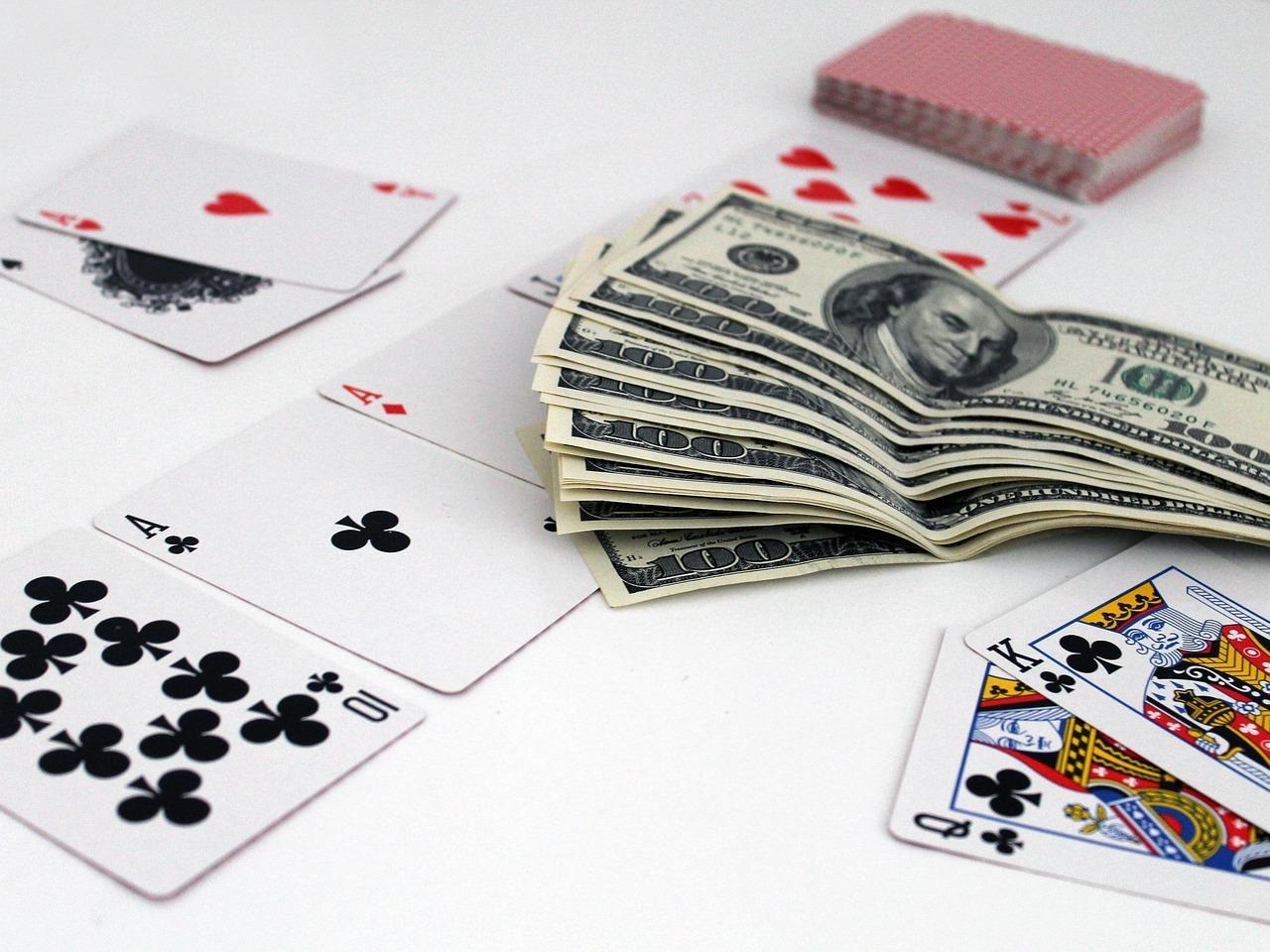High-stakes poker games have taken on a completely different mould over the last two decades. Once confined to the private and tenebrous cornered off backrooms of conventional casinos, they’re now something used as a centerpiece for marketing and campaign promotions, specifically aimed at those who have the sort of financial muscle that 99% of casino gamers do not have access to.
As these digital rooms have become more attractive to high-stakes players, the clientele they have attracted has also shifted into the realm of new, digital currency. That’s not to say that cryptocurrency whales are people who haven’t inherited some form of wealth.
However, given that old money often refers to inherited wealth through traditional enormous conglomerates such as real estate, news media, and traditional finance juggernauts, the rise of the crypto whale has changed the demographic of many of the VIP poker tournaments that are amongst the most successful in the modern market.
Managing The Changing Landscape
Poker tournaments, and high-stakes games in particular, have had to adapt to a changing market. The audience for poker has not waned, even in light of the traditional market having to accommodate digital and video adaptations. What it has resulted in is a raft of new companies looking to muscle in on traditional companies that tried to expand into the digital universe of online gambling.
That’s not to say there isn’t still a significant market for all types of poker players to enter tournaments with substantial jackpots, and that these websites are not rising to the challenge of offering traditional games that incorporate new elements.
The Golden Spade poker tournament is one of many crypto-based tournaments that are gathering momentum. Not all poker tournament ideas have been able to find an audience and incorporate a wide range of intriguing ideas.
For instance, Metaverse poker tournaments and games where on-site currencies replace conventional payment options are those platforms that have been able to keep their platforms modern. Yet they have not shied away from new ideas, and the role of blockchain beyond cryptocurrency is an ever-changing universe.
Ultimately, those poker sites that are the most adept at managing the changing landscape are the ones that have found themselves rising to the top of the pyramid.
What’s A Crypto Whale?
Although there’s no set amount you need to become a cryptocurrency whale, if you’re not operating with at least a few million dollars in USD, then you’re not going to be considered a whale. Some crypto whales, especially those who leverage trade, operate with volumes in the billions of dollars, and for those who know how to trade correctly, this can result in an eight-figure net worth.
Michael Saylor is one of the most prominent cryptocurrency whales, and although he sits at the higher end of the scale, it showcases just how much money there is in the market. However, for those who are slightly further down the pecking order, they still have more than enough capital to sell their digital assets and take a seat at some of the world’s most lucrative high-stakes poker games.
Crypto Titans At The Poker Table
Aaron Zang and Rafe Furst are two people who are high rollers and VIP. Rafe is perhaps better known for his 2006 World Series of Poker win than he is for his exploits in the world of cryptocurrency, but he is adept at navigating both worlds. Chinese entrepreneur Zang is worth over $20 million and is the quintessential crypto whale you’ll find at a high-roller game.
Even crypto billionaire Changpeng Zhao, one of the wealthiest and most prominent names in the space, is alleged to be worth over $65 billion. His rise to crypto dominance first occurred when a friend told him about Bitcoin in 2013, when he was playing poker with him, so there’s a lot more beneath the surface that connects the two industries.
Crypto Whales Standing Out In Poker Games
Many poker pros believe there’s a crossover between poker whales and crypto whales. Both are considered players with huge bankrolls, but lack much tact, skill, or strategy when facing off against the top poker players. That’s not to say the pros frequent all high-roller tables. Still, if a crypto whale is playing at these tables long enough, they will inevitably bump into players who operate in the elite echelons of the professional game.
Playing poker with amateurs, as you can see in the link below, can be utilized as a marketing strategy; more importantly, it highlights the significant disparity between amateur and professional players.
As cryptocurrency continues to soar in value, there’s going to be more crypto whales who fancy their chances in high-stakes games. However, poker skill is something that stems from strategy, skill, and experience; there are no shortcuts. If people with big bank balances want to try and gatecrash VIP games with the pros, they’re in for a rude awakening.





Leave a Reply